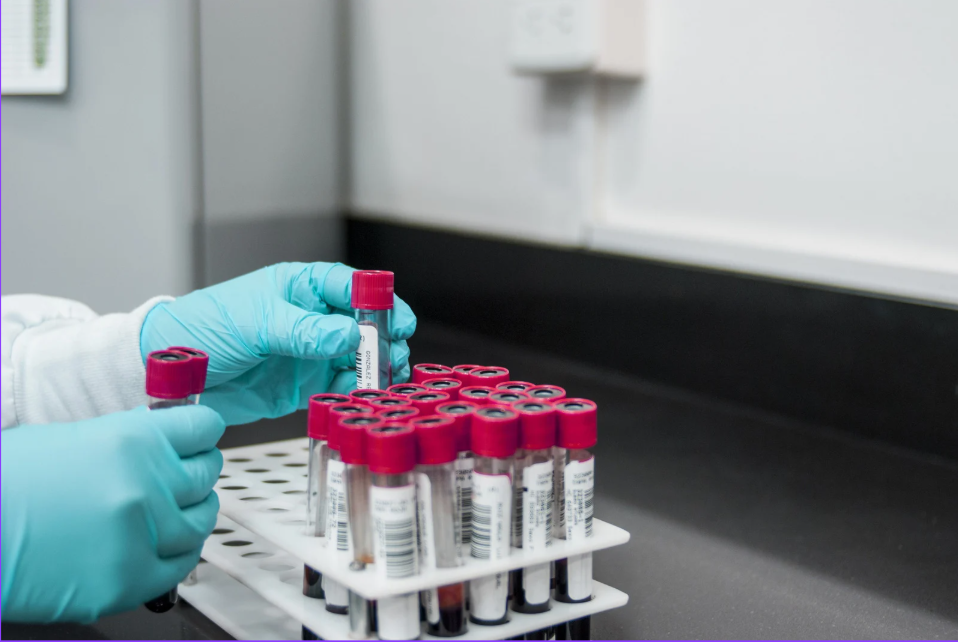How Long Does Alcohol Stay in Your System? Detection Times by Test
How long does alcohol stay in your system? It is one of the most common questions we hear. The short answer: it depends on how much you drank, your body, and the kind of test being used. Below is a clear, research-based guide to typical detection windows for breath, blood, urine (including EtG), saliva, and hair, plus practical safety tips and what to do next.

First, a safety reminder
Information here is for education only. It is not a strategy to “beat” a test and it is not medical advice. Never drive or operate machinery after drinking. If you have withdrawal symptoms or health concerns, seek medical care.
Alcohol metabolism 101
Your body mainly clears alcohol through the liver at a fairly steady rate. A common estimate is about 0.015% BAC per hour on average, or roughly one standard drink per hour, though the real rate varies by person. A “standard drink” contains about 14 grams of pure alcohol (for example: 12 oz beer at 5%, 5 oz wine at 12%, or 1.5 oz spirits at 40%). This explains why people search for how long does alcohol stay in your system, since metabolism is steady but varies by person.
Learn more about standard drinks from the National Institute on Alcohol Abuse and Alcoholism (NIAAA).
How long does alcohol stay in your system by test
These ranges are widely cited in clinical references. Individual results vary with drinking pattern, body mass, sex, age, liver health, medications, and timing.
Breath (Breathalyzer)
- Detects: Recent drinking via alcohol in exhaled air.
- Window: Typically up to 12–24 hours after last drink, depending on peak BAC and clearance.
- Note: Breath reflects current BAC and trends down as alcohol is metabolized.
Blood
- Detects: Alcohol concentration in the bloodstream.
- Window: Usually up to 12 hours for ethanol itself; specialized biomarkers (like CDT) reflect heavy use over weeks but are not “recent use” tests.
- General background: MedlinePlus: Blood Alcohol Test
Urine (Ethanol vs. EtG/EtS)
- Detects: Either ethanol directly or metabolites called EtG/EtS.
- Window (ethanol): Often 12–24 hours after last drink.
- Window (EtG/EtS): Commonly up to 48–72 hours for moderate use; heavy episodes may be detectable somewhat longer in some cases.
- Overview: MedlinePlus: Urine Alcohol Test
Saliva
- Detects: Alcohol in oral fluids.
- Window: Roughly 12–24 hours after last drink.
Hair
- Detects: Alcohol biomarkers in hair strands.
- Window: Up to 90 days for patterns of use (not “am I currently impaired?”).
Why two people can have different results
-
- Amount and speed of drinking: Higher peak BAC takes longer to clear.
- Body composition and sex: Differences in water content and enzymes change BAC.
- Food: Eating slows absorption and can lower peak BAC.
- Liver health and medications: Medical conditions and some drugs change metabolism.
- Testing method and timing: Each test has different sensitivity and cutoffs.
These factors help explain why the alcohol stay in your system timeline isn’t the same for everyone.
Common myths, clarified
Myth: “Coffee, cold showers, or water will sober me up.”
Fact: Only time reliably lowers BAC. Hydration and rest can help you feel better, but they do not speed liver metabolism.
Myth: “Breath mints or mouthwash can hide alcohol on a breath test.”
Fact: Breath tests measure alcohol from deep lung air. Scents and mints do not change BAC and some mouthwashes contain alcohol themselves.
How this connects to recovery
If you are thinking about cutting back or stopping, understanding detection windows can help you plan safely — but it is only one piece of the puzzle. If you notice withdrawal symptoms (shaking, sweating, nausea, anxiety, trouble sleeping) or have a history of severe withdrawal, talk with a clinician first. Early support lowers medical risk and improves long-term success. Understanding how long alcohol stays in your system is one step; planning recovery safely is the bigger picture.
Need support in Cincinnati?
Sanative Recovery & Wellness specializes in alcohol treatment and trauma-informed care. We can help you evaluate the safest next step and build a plan that fits your life. Contact us today or explore more resources on our rehab blog.
References:
NIAAA: What Is a Standard Drink? |
MedlinePlus: Blood Alcohol Test |
MedlinePlus: Urine Alcohol Test
This content is for educational purposes and is not medical advice. Never drink and drive. If you have urgent symptoms, call 911 or seek emergency care.

